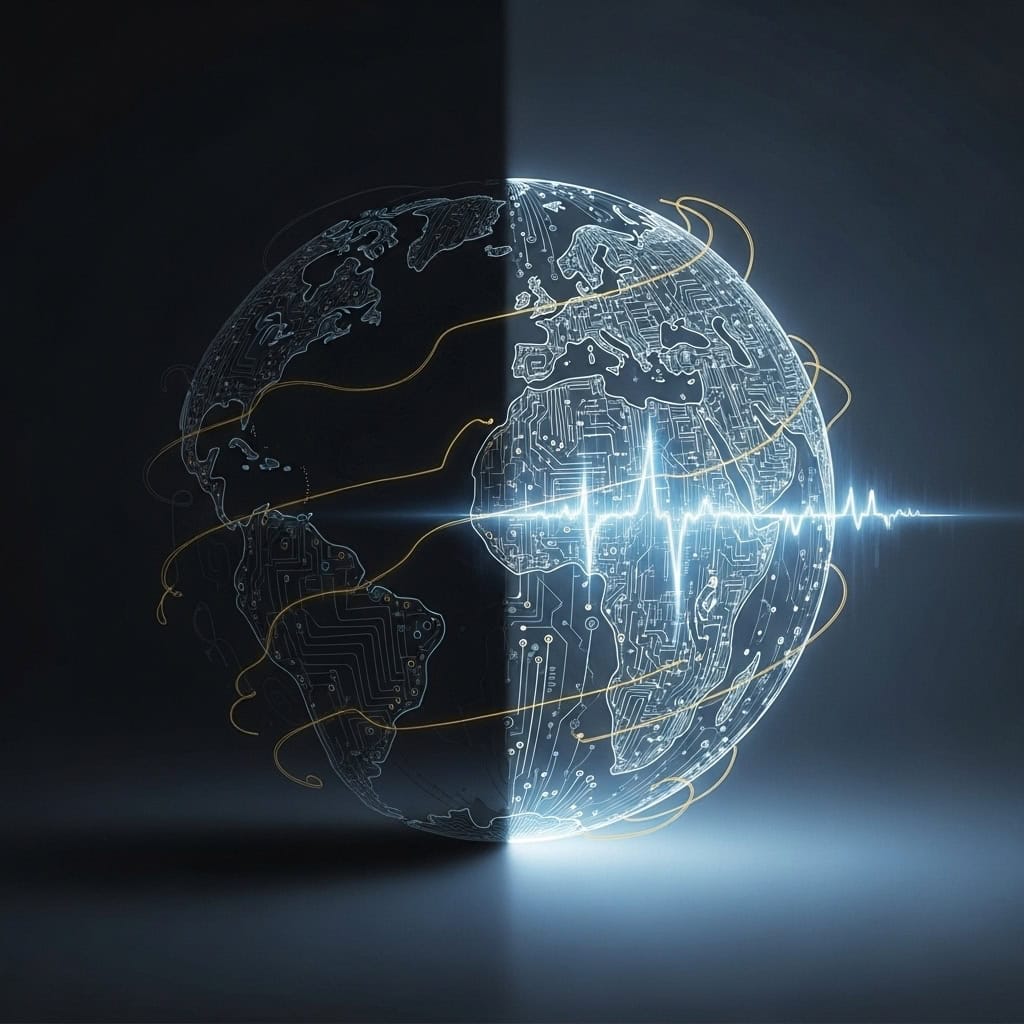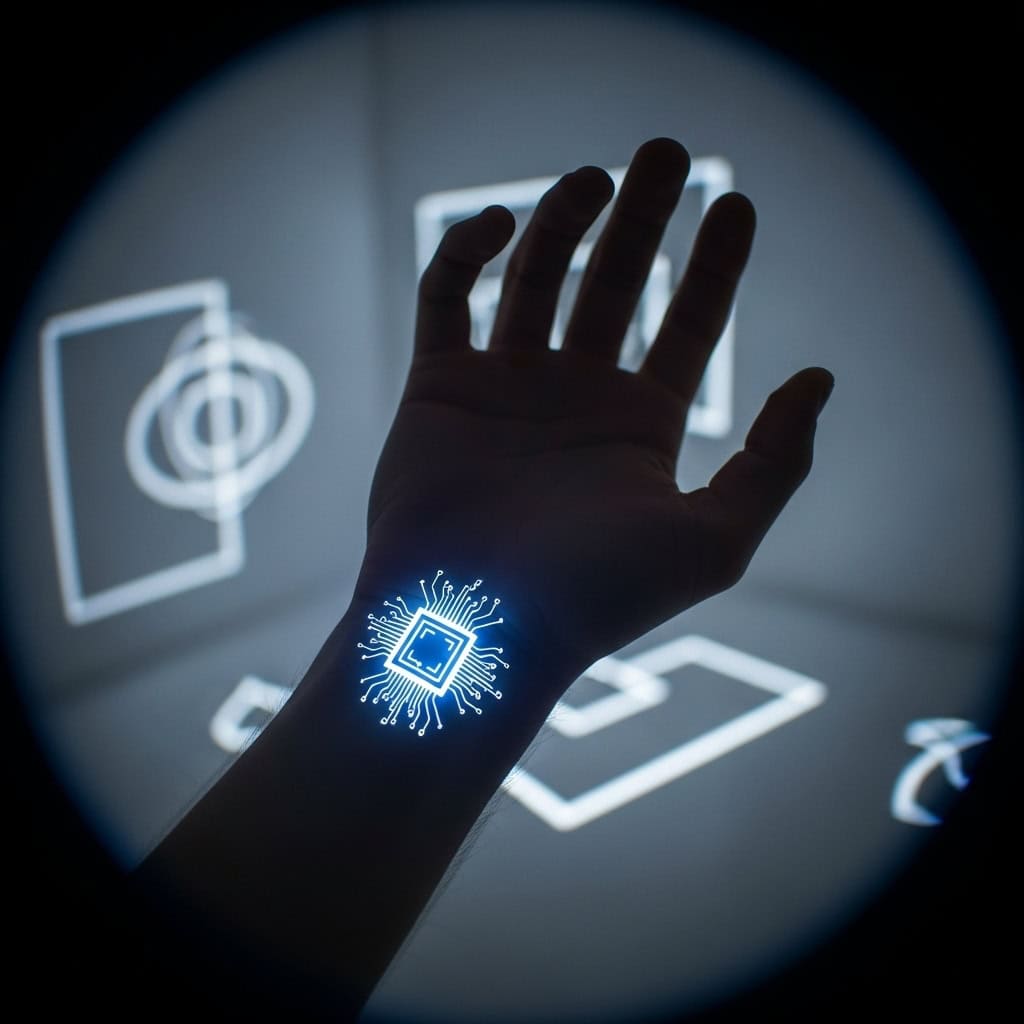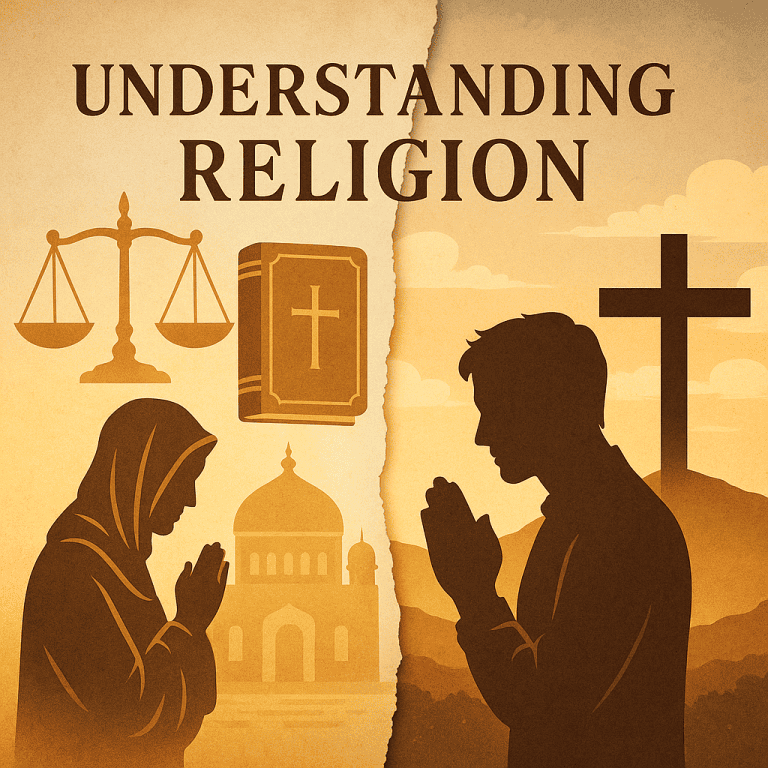Could AI Become the One World Order of the End Times? A Biblical Perspective
We’ve never lived in a time quite like this. Artificial intelligence isn’t just another tool; it’s reshaping everything from business to medicine to government. Some people are thrilled. Others are terrified. And in Christian circles, a question keeps surfacing: Could AI be the one world order the Bible warns about in the end times?
It’s not a silly question. When you see machines that can watch every move, systems that can shut down your bank account with one keystroke, and algorithms deciding what news you’re even allowed to see, it feels uncomfortably close to the world John described in Revelation.

But here’s the challenge: the Bible gives us enough to recognize the shape of what’s coming, but not enough to pin it down on today’s headlines. Which means we need both caution and clarity. Let’s walk through this slowly. First, what the Bible actually says about a one world order. Then, the case for AI fitting that role. And finally, the case against it.
What the Bible Actually Says About the One World Order
If we’re going to ask whether AI could be the “one world order,” we can’t start with speculation. We have to start with Scripture.
Daniel’s Vision (Daniel 7:23–25)
Daniel saw a fourth beast — “different from all the beasts that were before it, and it shall devour the whole earth.” Out of that beast rose a “little horn,” a figure who spoke arrogant words and waged war against God’s people. The picture is of a global empire, devouring nations, with one leader rising above the rest.
Paul’s Warning (2 Thessalonians 2:3–4, 9–10)
Paul spoke of the “man of lawlessness,” one who will exalt himself above every so-called god, sitting even in God’s temple and declaring himself to be God. His reign will come “by the activity of Satan with all power and false signs and wonders.” This isn’t just politics; it’s spiritual deception.
John’s Revelation (Revelation 13:1–18)
John describes a beast rising from the sea, given authority over every tribe and people. His power isn’t only political but economic: “no one can buy or sell unless he has the mark” (v. 17). Alongside him is another figure — the false prophet — who performs signs and directs worship toward the Beast.
The Pattern Across Scripture
What ties these passages together is this: the one world order is centered on a human figure — empowered by Satan, opposed to God, demanding worship, and enforcing loyalty through political and economic control. The Bible doesn’t describe a machine taking charge. It describes a person.
That’s the baseline. Now let’s look at why people see AI as a candidate for this one world government.
The Case For an AI One World Order
Surveillance and Control
One of the most obvious uses of AI today is surveillance. Facial recognition software, biometric tracking, even speech analysis — these are no longer futuristic. They’re in use. In some countries, AI-driven “social credit systems” already monitor citizens’ behavior, rewarding compliance and punishing dissent.
If Revelation 13 describes a world where allegiance to the Beast is enforced globally, AI could easily be the mechanism. It can “see” everywhere at once. It can flag disobedience. It can make surveillance total in a way past dictators only dreamed of. This is what many imagine when they talk about an AI one world order taking shape before our eyes.
Economic Enforcement
Perhaps the most unsettling line in Revelation 13 is this: “no one can buy or sell unless he has the mark” (v. 17). For centuries, Christians wondered how such a thing could work. How could one power regulate every transaction?
Now the answer seems obvious. Digital currencies, already being piloted by central banks, make every purchase traceable. Add AI, and compliance can be enforced automatically. Imagine a system where if you don’t align with the regime’s values, your account is frozen. You can’t buy groceries. You can’t sell your work. Life stops until you submit.
That isn’t science fiction anymore. AI one world order scenarios make global economic control look chillingly plausible.
Information Monopoly
Global deception is another prophetic theme (2 Thessalonians 2:10–11). How could the whole world be misled at once? Again, AI shows us how.
Think about it: AI already curates news feeds, search results, and social media. The more people rely on it, the more their access to truth can be filtered. If the Beast rises, AI could ensure only one narrative is heard. Competing voices could simply disappear.
Religious Substitute
There’s also a spiritual dimension. Some already speak of AI in religious terms — calling it “godlike,” treating it as an oracle of wisdom. Generative models can simulate miracles: deepfakes, signs, wonders. Revelation 13:13–14 says the false prophet will perform great signs, even calling fire from heaven. In a world primed for spectacle, AI could deliver counterfeit wonders that draw people into worship of the Beast.
Speed of Change
And finally, there’s the pace. AI is not advancing in slow, incremental steps. It leaps forward every 12–18 months. The systems we see today will look primitive in five years. That means it’s not far-fetched to imagine a global AI framework by the time the next decade opens.
Put together — surveillance, economic control, information monopoly, religious substitution, and speed of change — it’s not hard to see why many believe artificial intelligence and the end times could converge into an AI one world order.
The Case Against an AI One World Order

A Human Antichrist, Not a Machine
But now we need to shift back to what Scripture emphasizes. The one world order is always centered on a human figure. Daniel’s “little horn.” Paul’s “man of lawlessness.” John’s “Beast.” Every description points to a man empowered by Satan, demanding loyalty and worship.
That matters. Because AI cannot be worshiped in the same way. People don’t bow down to tools. They may fear them, depend on them, even idolize them — but worship requires charisma. It requires deception with a face and a voice. The Bible describes someone the world admires, even as he blasphemes God. That doesn’t sound like a machine.
Worship Requires a Charismatic Leader
Revelation 13:4 says, “They worshiped the beast, saying, ‘Who is like the beast, and who can fight against it?’” That’s devotion. That’s awe. And it comes from seeing greatness embodied in a leader, not in code. AI may fuel propaganda, but it won’t command worship on its own.
Fragmented Global Powers
There’s also a practical objection. AI today is not unified. It’s fragmented across nations and corporations: the U.S., China, Europe, and dozens of tech companies. Each has its own interests. For prophecy to be fulfilled, there must be global centralization. That has never happened with technology, and it won’t happen easily with AI. National pride and rivalry cut against it.
AI as Amplifier, Not Throne
History helps us here. The printing press. The telegraph. Radio. Television. The internet. Every one of these technologies changed the world. Every one was feared as a potential tool of totalitarianism. But none of them replaced human power. They only amplified it. AI is no different. It may be the most powerful amplifier yet, but it won’t sit on the throne. That’s why it’s a mistake to equate technology itself with the AI one world order the Bible describes.
The Danger of Prophetic Overreach
Finally, there’s a caution. Christians have often tied prophecy to the technology of their own age. The telegraph was supposed to be the “image of the beast.” Barcodes were the “mark.” Credit cards were the system of control. The internet was proof the end had come.
Were those people wrong to be watchful? No. But they were wrong to draw straight lines from current events to prophecy. We must learn from that. Be alert, but don’t make AI into more than Scripture allows.
Put simply: the Antichrist may use AI, but AI will not replace the Antichrist in fulfilling the AI one world order prophecies.
Where the World Is Already Headed
Up to this point, we’ve looked at what the Bible says and whether AI could play a role. But it’s worth pausing to notice something else: the way the world is already moving. Even apart from AI, cultural and political shifts are creating conditions that make a one world order more plausible than ever before.
Global Financial Alignment
Money is one of the strongest levers of control, and we’re watching financial systems move toward centralization. Central Bank Digital Currencies (CBDCs) are being tested in dozens of countries. These digital currencies allow every transaction to be tracked, approved, or denied. Add to that the growing push for digital identification — often framed as “secure” or “convenient” — and you have the building blocks of a global financial web. For centuries, Christians wondered how Revelation 13:17 could ever work: “no one can buy or sell unless he has the mark.” For the first time, the tools exist to make that a lived reality.
Geopolitical Chaos Creating Desire for Unity
History shows that people often surrender freedom in exchange for stability. After wars, pandemics, or global economic collapses, citizens cry out for strong leadership. Right now, the world is groaning under wars, refugee crises, and climate debates. Nations are divided, but the people are weary. That kind of “crisis fatigue” makes humanity more willing to embrace centralized solutions — even if those solutions cost them sovereignty. Prophecy tells us a global leader will rise, and the more chaotic the world becomes, the more believable that scenario feels.
AI in Governance and Law
Another development is the way nations are already talking about AI governance on a global scale. The United Nations has held discussions about a worldwide framework for regulating AI. Tech leaders call for international oversight. Some even propose a kind of “global AI watchdog.” That’s unprecedented. Never before have world powers agreed that one technology requires collective management. The fact that AI is driving this conversation shows how easily it could become the backbone of a one world order.
Cultural Softening Toward Unity
And then there’s culture. Generations raised on the internet live in global, borderless communities. They’re less attached to national identity and more open to digital unity. A centralized digital system doesn’t feel threatening to them; it feels natural. That cultural shift matters, because prophecy doesn’t happen in a vacuum. The Antichrist will rise in a world prepared to receive him.
Taken together — global finance, crisis fatigue, international AI governance, and cultural openness to unity — it’s not hard to see the road paving itself. These alignments show how close the world may be to accepting an AI one world order without even realizing it.
How Christians Should Respond

So where does that leave us? With tension. AI may be a piece of the puzzle. It may even become a major part of how control and deception are exercised. But it isn’t the whole picture. Which means we need to respond in ways that are both discerning and hopeful.
Discernment Without Panic
Jesus said in Matthew 24:6, “You will hear of wars and rumors of wars. See that you are not alarmed.” The same applies here. Don’t dismiss the risks of AI. But don’t panic either. Fear is not a Christian posture. Don’t assume every new technology automatically fulfills prophecy, even when talk of an AI one world order grows louder.
Biblical Anchoring
The best safeguard is Scripture itself. Know what Daniel saw. Know what Paul warned. Know what John revealed. The more anchored you are in God’s Word, the less likely you’ll be swept away by speculation.
Mission Urgency
Revelation 14:6–7 describes an angel proclaiming the eternal gospel to every nation before judgment falls. That’s our mission too. While the world fears AI, the church must proclaim Christ. The harvest is urgent. Technology doesn’t change that.
Hope in God’s Sovereignty
And finally, remember where history ends. Psalm 2 pictures the nations raging, the rulers plotting, but God sitting in the heavens and laughing. Daniel 7:27 says, “the kingdom and the dominion and the greatness of the kingdoms under the whole heaven shall be given to the people of the saints of the Most High.” That’s the final word. Not AI. Not Antichrist. Christ.
Where This All Leads
So, could there really be an AI one world order that fulfills the Bible’s warnings about the end times? Maybe — in part. It could provide the scaffolding. It could enable surveillance, economic control, and mass deception. But the Bible is clear: the center of that order is a man, not a machine. The Antichrist, not artificial intelligence.
That means AI is not the fulfillment of prophecy in itself. It may simply be one more tool in the hands of the one who will be. Which leaves us with a choice: live in fear of technology, or live in hope of Christ’s return.
Because at the end of the day, an AI one world order won’t write the last chapter of history. Jesus will.
Want to explore more about God’s sovereignty in history and salvation? Check out this free reference — Chosen by Grace: A Simple Guide to God’s Sovereignty in Salvation.
Walt Roderick is a Christian writer who cares more about biblical clarity than online applause. He writes to strengthen believers and confront spiritual drift.






